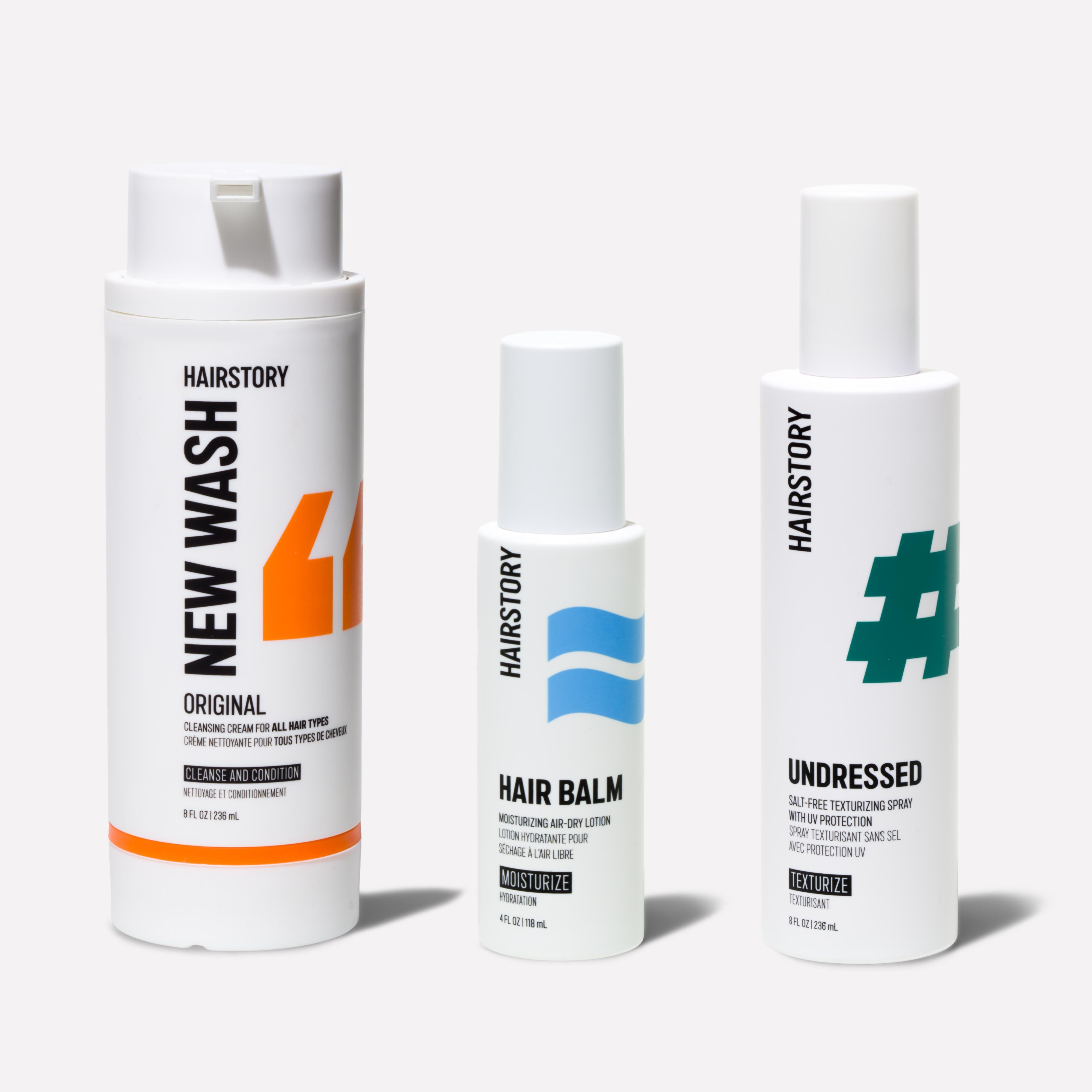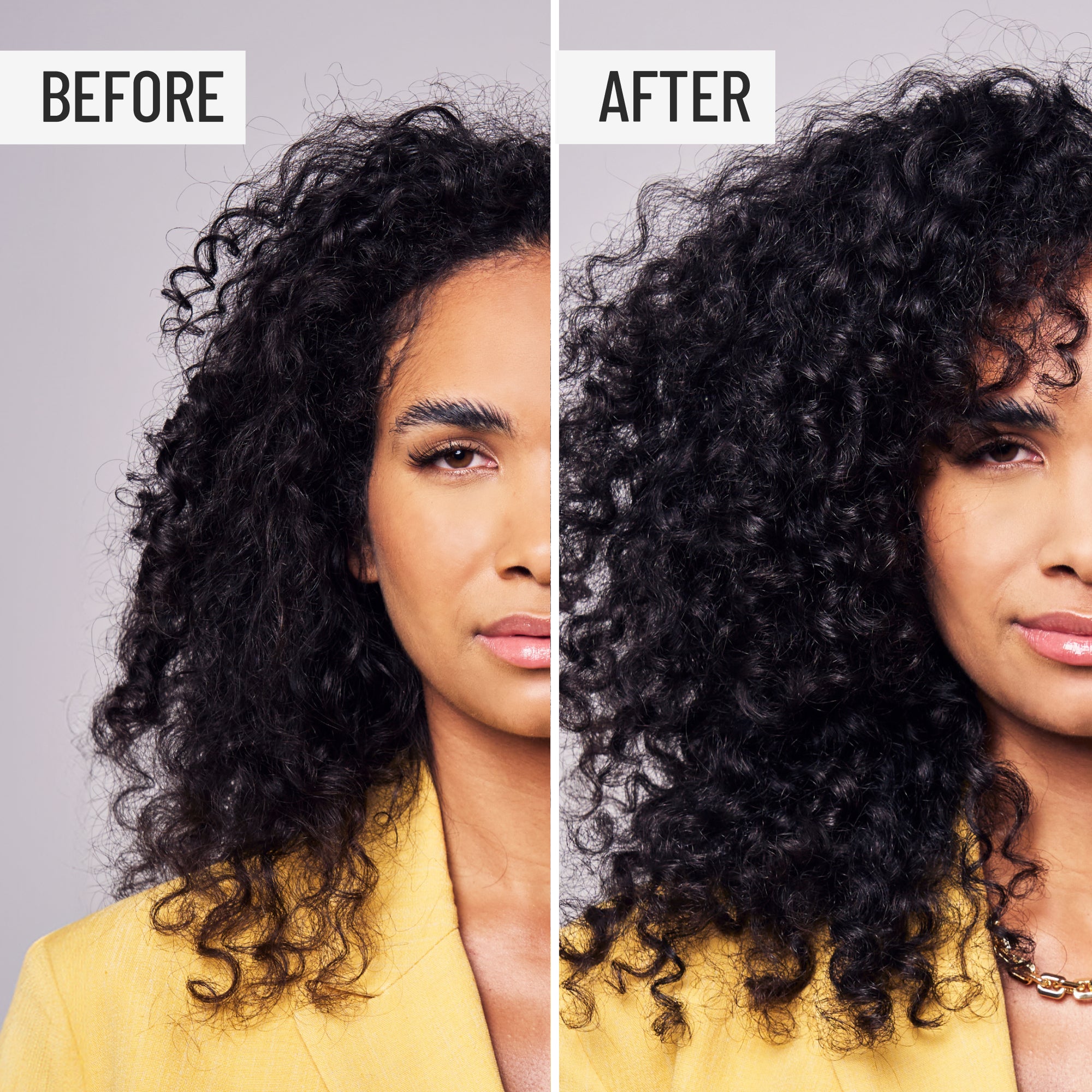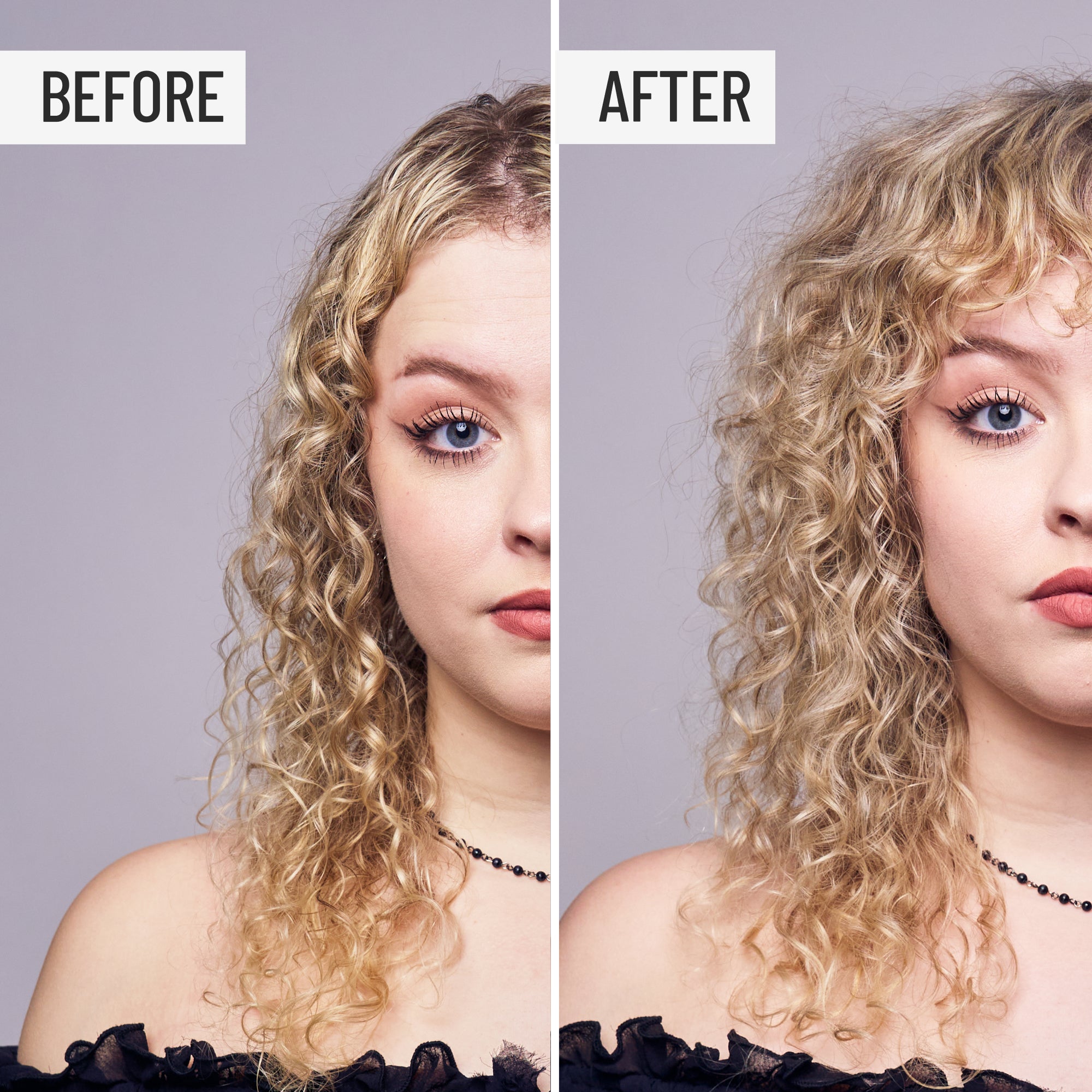Making the choice to sell products for conscious consumers or to be a conscious consumer has its challenges, but taking steps towards sustainability is always the right choice.
WHAT IS CONSCIOUS CONSUMERISM?
Conscious consumerism – it’s a phrase that means exactly what it sounds like: choosing to buy – or not buy – to make a positive impact socially, economically, or environmentally. But, for those who sell products with sustainability in focus, satisfying conscious consumers can be much more complicated.
At Hairstory’s 2021 Sustainable Beauty Summit, held virtually on April 8, Liza Moiseeva, the co-founder & CMO of Brightly.eco, sat down with Mia Davis, who is the vice president of sustainability and impact at the Credo, (a company that sells clean, non-toxic beauty and skin care products, and Meika Hollender, the vice president of communications at Grove Collaborative, (a company that sells a variety of sustainable home products, including their own brand). They discussed their thoughts on conscious consumerism, greenwashing, the hard decisions they’ve had to make as leaders in sustainable beauty, and simple steps toward sustainability that we can all take.
IS IT AN OXYMORON TO SELL STUFF WHILE PREACHING SUSTAINABILITY?
“Conscious consumerism, as a term, kind of inherently makes me a little uncomfortable as I’m someone who thinks a lot about our overconsumption in the United States,” said Davis. “It’s something I grapple with all of the time because I'm a sustainability person who sells stuff. And I'm in the beauty industry. So, there's an inherent tension there.”
The problem with working in the beauty industry, Davis explained, is that it’s an industry that generates a lot of waste. Lots of stuff is sold, and that stuff requires lots of packaging – retailing is inherently unsustainable. Plus, she’s also a consumer who buys stuff.
So how is it possible to voice concerns about over-consumption while selling (and buying) stuff? For Davis, it’s about empowering and encouraging others to buy and sell stuff while still focusing on what is best for their own health, their children's health, and the environment.
“The more that consumers and customers are thinking about hard questions and thinking holistically about what the impact of their purchase might be, the better,” Davis continued. “Whether that occurs at the start of the process, or at the end of the process when something is washed down the drain – or even when something is supposedly recycled but probably isn't – that's what it’s about. It’s also about worker’s rights, of course, and other sustainability issues.”
BEING A CONSCIOUS CONSUMER ISN’T EASY
But consuming consciously means reading between the lines of marketing lingo, and that’s not always easy. Some companies claim to be all-natural, which doesn't mean much, while others make environmentally-friendly claims. But they don't always practice what they preach.
When companies “greenwash,” the onus is on the consumer to do the work to determine if what they're being promised is right, wrong, or realistic. It requires research and critical thinking, which not everyone has the time for. Hollender gives us a place to start.
“One of the really devastating areas around greenwashing is about plastic and recycling plastic,” she pointed out. “Only 9% of plastic is actually recycled. It doesn't matter how much is going into the recycling bin, we don’t have great infrastructure to recycle plastics. So, when you have the big consumer products and companies talking about how by X date – 10, 20, 30 years from now – they will use 50% recycled plastic to make their products, that's just not even possible.”
When conscious consumers use plastic, they toss it in the recycling bin once done. But not all plastic can be recycled, and even if it can, it might not be.
Consumers trust that they are making informed environmental decisions when choosing what to buy or who to buy it from, but that’s not always possible.
Grove Collaborative recently became a Certified B Corporation. To achieve this, a business must “meet the highest standards of verified social and environmental performance, public transparency, and legal accountability to balance profit and purpose.” Hollender believes this is the way forward.
“There's still a lot of work to do to hold companies accountable,” she admits. “Outside of them electing to become a B Corp, or a public benefit corporation, how do we put laws in place to check what they're doing? That's the part that we obviously haven't solved yet.”
BEING A SUSTAINABLE BUSINESS ISN’T EASY EITHER, ESPECIALLY WHEN DECISIONS HAVE FINANCIAL CONSEQUENCES
But as some businesses work to create a strong and honest environmental or sustainability policy without laws to hold them accountable, they have to consider what it might cost their business. They could lose valuable vendors or clients. Making these decisions are difficult, but both Hollender and Davis believe they’re worth it.
“For Credo, clean is really defined as the nexus of safety, sourcing, sustainability, and ethics,” Davis explained. “In April of 2020, we launched our industry-leading sustainable packaging guidelines. One of the first milestones that our brands have to meet, according to those guidelines, is no more single-use containers, no more sampling. That milestone is coming right up on June first of this year.”
This wasn’t an easy business decision for Davis and her team. It was hard and uncomfortable. They knew they were rocking the boat and that their decision would be controversial. But, she said, the decision was “also kind of simple.”
“Sustainability is part of what we're doing,” she said. “When you really look at what's at stake, or when you really take a step back, you see that there's approximately 122 billion little sachets and packets that are produced annually – and some people think that's a really conservative number, that it's actually much higher. Those are never recyclable, because they're tiny, little flexible packages. They blow away in the wind. And, they’re made of mixed materials, so they're never going to be recycled. So, we just had to say no. And that's really weird for beauty. Beauty samples. That's how it's done. So, us saying no was actually a very big business decision.”
THE PANDEMIC CHANGED THE BEAUTY INDUSTRY
As hard as those business decisions are, COVID-19 was possibly more stressful for many eco-conscious businesses. When the pandemic hit, consumers re-evaluated everything in their lives. Many clean business owners weren’t sure how their brands would fare. But, Hollender said, it was actually a boom for environmentally and socially conscious consumerism.
“Sustainability, particularly in the consumer space, was a silver lining during COVID,” said Hollender. “At the beginning of the pandemic, I was pretty nervous that we were going to see a big flip back to the traditional brands, to this idea that people want the strongest, most powerful, most established brands disinfecting their homes. But looking back on the year, what we ended up seeing was actually natural products in all categories continuing to steal market share from traditional brands. How amazing is that, especially during a pandemic?”
Hollender explained that while people were spending so much time in their homes, as were their kids, people became hyper-aware of what they were using every day – they literally sat with their choices, smelling and breathing them. And, because the efficacy of less toxic products is rising and the prices are falling compared to standard brands, it became a no-brainer.
HOW TO BE A CONSCIOUS CONSUMER: TAKING ONE SMALL STEPS TOWARDS SUSTAINABILITY
At the end of the day, economic, environmental, and socially conscious consumerism is about both the big and small decisions we make as consumers. In fact, there are plenty of simple, actionable steps towards sustainability that you can take today.
“One of the most actionable things people can do is to stop using single-use items,” Davis recommended. “No more water bottles, no more coffee cups, and definitely no more cutlery from takeout containers. At first, it might be annoying to remember to say no and to remember your cup, but you know what, we can totally do this. And once you start doing it, it's just like anything else you're in the habit of doing it.”
When you place a takeout or delivery order and you plan to eat at home, Davis recommends you politely request that the restaurant not include cutlery. Or when you’re purchasing beauty products, opt for low or no-waste options like refillable shampoo and wash products.
“They’re made out of thin plastic,” she said. “They’re meant to be used for seconds, and then they’ll never leave the planet. If every single person who didn't need it said no to it, we would be making an impact.”
With recycling a pretty flimsy bandaid for the plastics problem, The most effective form of conscious consumerism is finding ways to reduce and reuse.
“I have a new baby, and we've been using reusable dishcloths instead of paper towels for cleaning up after him when he’s eating or playing,” said Hollender. “We just have two cloths, and they get us through the day, every day. I've been amazed at how much paper towel we've eliminated from our home.”
If becoming a conscious consumer seems overwhelming, take it one step at a time. It won’t cost you anything, and in fact, you'll even save money. Sustainability is a journey, so start exactly where you are, and then don't stop!































